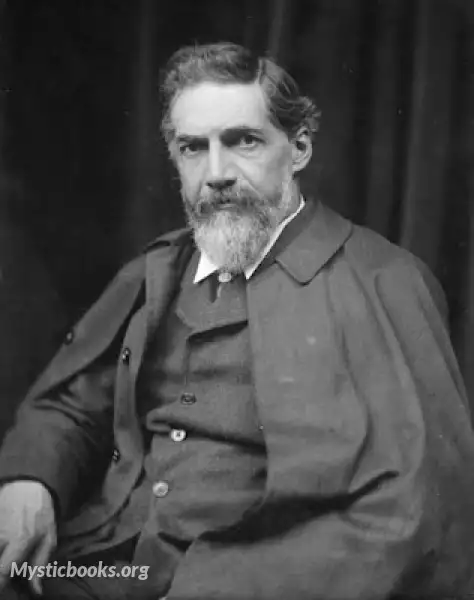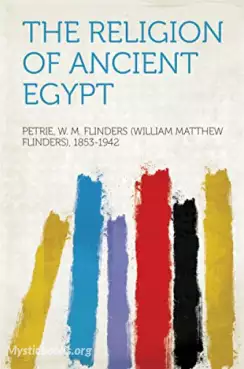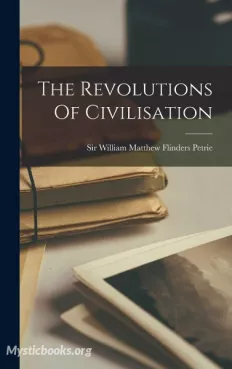
Timeline
Title
Country/Nationality
W.M. Flinders Petrie
Sir William Matthew Flinders Petrie commonly known as simply Flinders Petrie, was a British Egyptologist and a pioneer of systematic methodology in archaeology and the preservation of artefacts. He held the first chair of Egyptology in the United Kingdom, and excavated many of the most important archaeological sites in Egypt in conjunction with his wife, Hilda Urlin. Some consider his most famous discovery to be that of the Merneptah Stele, an opinion with which Petrie himself concurred.
Petrie developed the system of dating layers based on pottery and ceramic findings. He remains controversial for his anti-democratic and pro-eugenics views; he was a dedicated believer in the superiority of the Northern peoples over the Latinate and Southern peoples.
Petrie was born on 3 June 1853 in Charlton, Kent, England, the son of William Petrie (1821–1908) and Anne (née Flinders) (1812–1892). Anne was the daughter of British Captain Matthew Flinders, who led the first circumnavigation of Australia (and after whom Petrie was named). William Petrie was an electrical engineer who developed carbon arc lighting and later developed chemical processes for Johnson, Matthey & Co.
Petrie was raised in a Christian household (his father being a member of the Plymouth Brethren), and was educated at home. He had no formal education. His father taught his son how to survey accurately, laying the foundation for his archaeological career. At the age of eight, he was tutored in French, Latin, and Greek, until he had a collapse and was taught at home. He also ventured his first archaeological opinion aged eight, when friends visiting the Petrie family were describing the unearthing of the Brading Roman Villa in the Isle of Wight. The boy was horrified to hear the rough shovelling out of the contents, and protested that the earth should be pared away, inch by inch, to see all that was in it and how it lay. "All that I have done since," he wrote when he was in his late seventies, "was there to begin with, so true it is that we can only develop what is born in the mind. I was already in archaeology by nature."
In 1923, Petrie was knighted for services to British archaeology and Egyptology.
Books by W.M. Flinders Petrie

Egyptian Tales, Translated from the Papyri
Brief, and in some cases incomplete, stories of magic from ancient Egypt.

The Religion of Ancient Egypt
William Matthew Flinders Petrie – the father of Egyptian Archaeology – developed and applied statistical analysis to pottery from prehistoric sites and by this established seriation as a relative dating method as a major contribution to Egyptian Arch...

The Revolutions of Civilization
Embark on a captivating journey through time with "The Revolutions of Civilization" by William Matthew Flinders Petrie. Unveil the hidden tapestry of human history as it unfolds across continents and epochs, revealing the remarkable revolutions that...